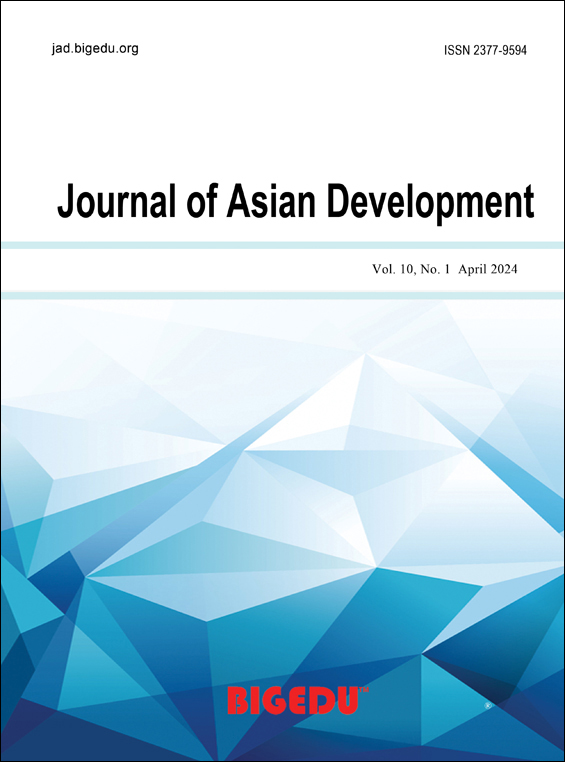“The Principle of Livelihood” by Sun Yat-sen and Its Significance for Social Justice and Happiness Values in Vietnam Today
DOI:
https://doi.org/10.52941/jad.v10i1.54Keywords:
Sun Yat-sen, nationalism, democracy, the people’s livelihood, social welfareAbstract
This paper explores the “Three Principles of the People” described by Sun Yat-sen, known as the founder of modern China. In his political manifesto, he laid out the revolution’s objectives against the Qing dynasty and established the groundwork for a modern China. We apply Sun Yat-sen’s theory to advocate our beliefs for the betterment of the Vietnamese people. This paper analyzes and applies the “Principle of Livelihood,” the third principle of Sun Yat-sen’s doctrine, and aims to achieve social welfare and happiness. We examine its role in bringing about a new era of independence, freedom, and happiness in Vietnam’s history.
By using these concepts to understand Vietnamese values of happiness, we can comprehend the importance of Sun Yat-sen’s views, which are crucial to Vietnam’s current state of independence, freedom, wealth, and happiness.
Downloads
Published
How to Cite
Issue
Section
License

This work is licensed under a Creative Commons Attribution-NonCommercial 4.0 International License.
Copyrights of all articles published in Bigedu Foundation are retained by the authors, with first publication rights granted to the journal. The journal/publisher is not responsible for subsequent uses of the work.
All articles are published under the Creative Commons Attribution (CC-BY) license.
Authors have the rights to reuse, republish, archive, and distribute their own articles after publication, and undertake to permit others to distribute, remix, adapt, and build upon this work non-commercially provided the original work is properly cited. The full guidance that applies to the CC-BY license can be found at http://creativecommons.org/licenses/by/4.0/







